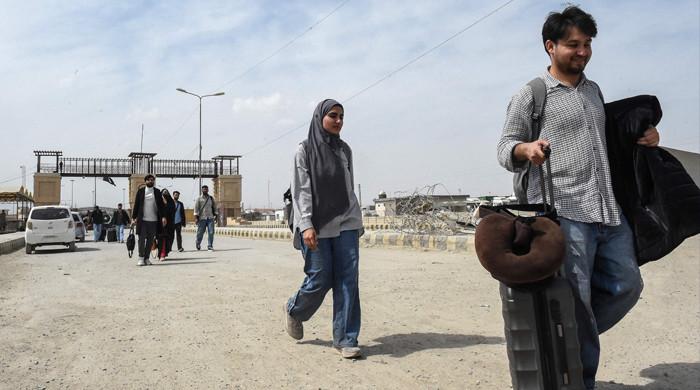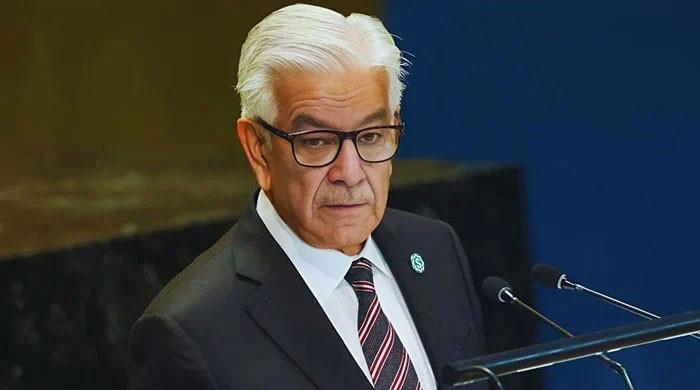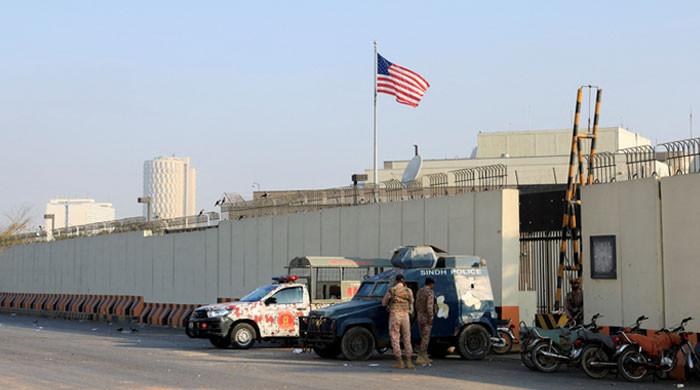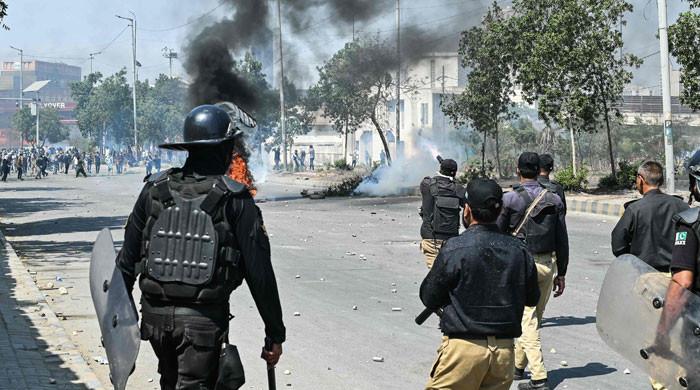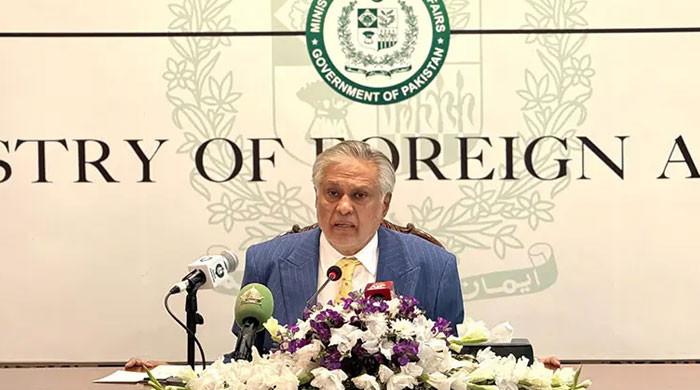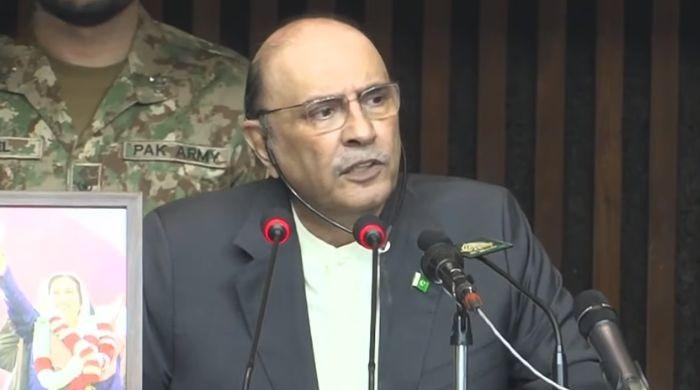Cabinet committee approves privatisation of five state-owned entities
The SOEs include SME Bank Ltd; First Women Bank Ltd; Jinnah Convention Centre, Islamabad; Lakhra Coal Mines; Services International Hotel Lahore
October 31, 2018
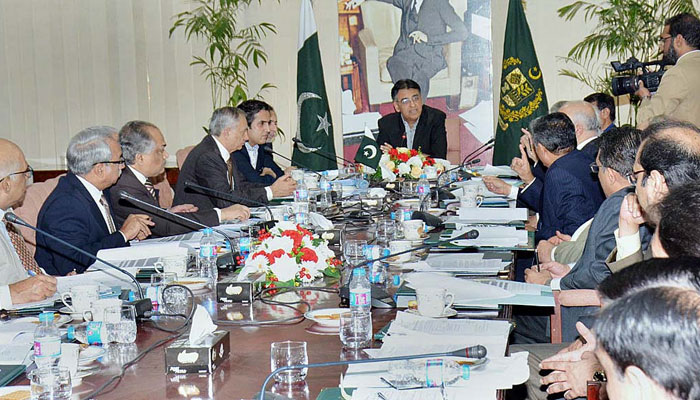
ISLAMABAD: The Cabinet Committee on Privatisation (CCoP) on Wednesday approved proposal of Privatization Commission to divest five state-owned entities (SOEs) in the first phase.
The CCoP which met here under the chairmanship of Finance Minister Asad Umar approved the divestment of SME Bank Ltd, First Women Bank Ltd, Jinnah Convention Centre, Islamabad, Lakhra Coal Mines (now Lakhra Coal Development Company), and Services International Hotel, Lahore.
The committee also gave a go-ahead to Privatisation Division to undertake the process for privatisation of newly established 1233 MW Balloki Power Plant and the 1230 MW Haveli Bahadur Power Plant.
The committee also decided not to privatise the Printing Corporation of Pakistan and Trading Corporation of Pakistan.
However, the relevant ministries were directed to submit proposals for improvement in their working along with plan for disposal of their non-essential fixed assets.
After detailed deliberations, it was decided to delist Pakistan Steel Mills, PIA, Pakistan Railways, Utility Stores Corporation, National Highways Authority and Civil Aviation Authority from the privatisation list.
Ministry of Industries was directed to put up an action plan for operationalisation of Pakistan Steel Mills within 45 days. Similar instructions for improvement and revitalisation of other entities were given to the relevant ministries.
In the case of CAA, it was noted that the authority performed a regulatory function and could not be privatised.
During the meeting, the secretary privatization commission made a detailed presentation to the committee on the privatisation program pursued by the government over the last two decades.
The committee discussed the objectives and rationale of the program.
It was noted that only one entity was privatised during the last five years, apart from divestment of shares in a few already privatised entities.
The committee noted that the listing of a large number of entities on the privatisation list for more than a decade had been detrimental to their operations as these were neither privatised nor any serious effort was undertaken to revitalise them.
The committee also directed the Ministry of Industries to carry out a detailed review of all the entities in its purview, and make recommendations for their revival or privatisation.
Ministry of Commerce was similarly directed to review the insurance or reinsurance sector and make recommendations.
In the case of gas sector utilities, the CCOP decided that privatisation of these entities could not be undertaken before putting in place a regulatory regime to create competitive market place. The committee directed the Ministry of Petroleum to take necessary action in that regard.
Regarding financial institutions, it was decided to delist National Bank of Pakistan. Delisting of IDBP was also approved as the process for its winding up was already underway.
In case of HBFC and NITL, Ministry of Finance was directed to submit recommendations for their retention or removal from the privatisation list.
The committee also directed the Privatization Commission to ensure complete transparency in all its transactions.
The finance minister maintained that the process of divestment was meant to encourage and attract private sector partnership to turn around ailing PSEs by injecting capital, modernising through technological upgradation besides introducing best corporate practices.





